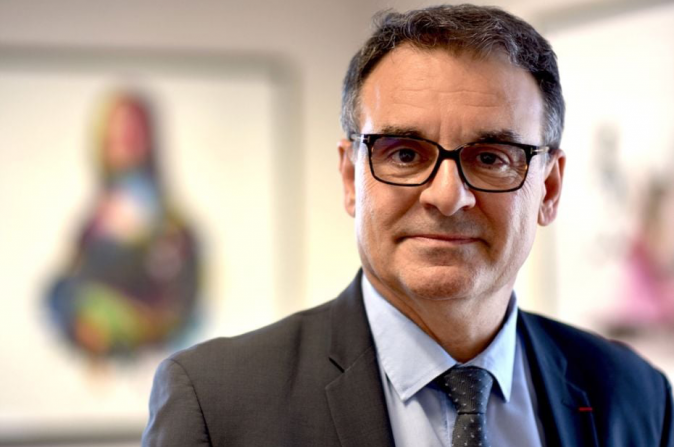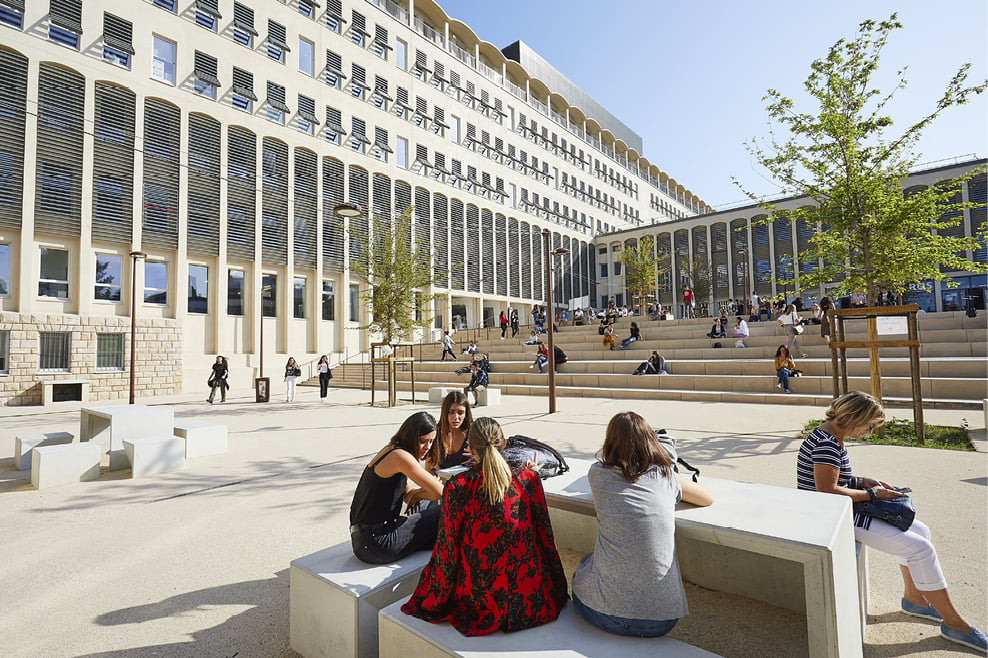Education / France-USA-Today
Aix-Marseille University: At the nexus of knowledge, sustainability, and global trust
With a Mediterranean identity and international reach, Aix Marseille University is shaping science, society, and strategic cooperation – on its own terms.

Eric Berton, President of Aix-Marseille University
In southern France, far from the gravitational pull of Paris, Aix-Marseille University (AMU) is quietly redefining what a public institution can be in an era shaped by uncertainty and rapid change. With a distinct model grounded in global engagement, regional commitment, and long-term societal relevance, AMU offers a compel ling vision for the future of higher education.
“We aim to shape global conversations and tackle worldwide challenges.”
“Impact is at the heart of everything we do,” says President Eric Berton. “We don’t just want international partnerships – we aim to shape global conversations and tackle worldwide challenges.”
As France’s largest public university, AMU serves 80,000 students across ten cities, operating with a budget of $942 million and contributing $4.7 billion to the regional economy. But Berton is less concerned with scale than with strategy. AMU’s location – at the intersection of Europe, Africa, and the Middle East – positions it as a gateway for global cooperation on urgent issues ranging from migration to climate resilience.

This posture is visible in the university’s broad international foot print. AMU leads a 12-member European university alliance and maintains strategic partnerships in Asia and Africa. Locally, it fuels the innovation economy through initiatives like the Marseille Immunopole Biocluster and the Cité de l’Innovation, a research and technology hub.
“Innovation runs through everything – our labs, our teaching, even our governance,” Berton notes. “We want to be a space where ideas are incubated early and allowed to grow.” That commitment shapes how AMU funds early-stage research – with flexible structures and openness to long-term thinking. “Innovation doesn’t happen in a vacuum,” he adds. “It evolves from foundational work that takes time. We invest in ideas, not rigid themes.”
Berton is also frank about AMU’s place within France’s academic landscape. “France isn’t just Paris. From Marseille, we’ve built a globally recognized institution. We don’t have the same branding power as the Ivy League, but where there’s excellence, collaboration happens naturally – and with mutual respect.” That confidence is central to one of AMU’s most internationally visible initiatives: Safe Place for Science, launched to offer American and international scientists a secure, politically neutral base for long-term research.
So far, AMU has received 297 formal applications, following the closure of its first intake phase on March 31. Applicants include researchers from Johns Hopkins, NASA, NIH, NOAA, the University of Pennsylvania, Columbia, Yale, Stanford, New York, and Miami. The cohort spans PhD students, postdoctoral scholars, and senior scientists with up to 30 years of experience.
AMU’s research units are working one-on-one with these candidates to identify optimal institutional f its. Local partners are also fully engaged – helping with everything from visas and housing to spousal employment and school enrollment for children.
Fields covered include climate science, health, human sciences, and astrophysics – areas where AMU has longstanding global credibility.
The university is home to one of France’s largest astrophysics labs, leads the Marseille Immunology Biocluster, and partners with the Paoli-Calmette Institute, recently ranked among the world’s top oncology hospitals. In the humanities, the Mediterranean House of Human Sciences (MMSH) supports interdisciplinary research on social, historical, and cultural dynamics across the Mediterranean.
“Universities should be where solutions are already being prepared,” Berton says. “Not just where crises are analyzed after the fact.”
“Innovation runs through everything – our labs, our teaching, even our governance.”
Looking ahead, AMU is concentrating its future efforts on post-AI technologies, Mediterranean studies, and sustainable innovation – areas where it aims to contribute not only research, but leadership.
From Marseille, AMU is building a globally relevant public institution grounded in scientific credibility, institutional trust, and pragmatic openness. In an uncertain world, that clarity of purpose is its greatest strength.
